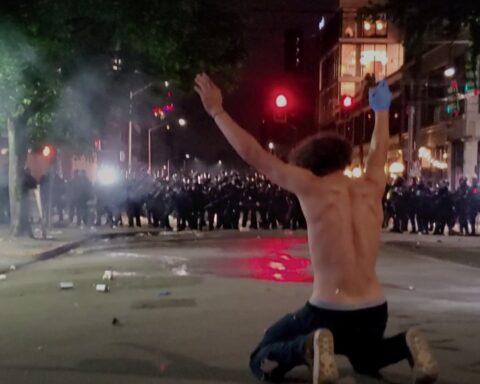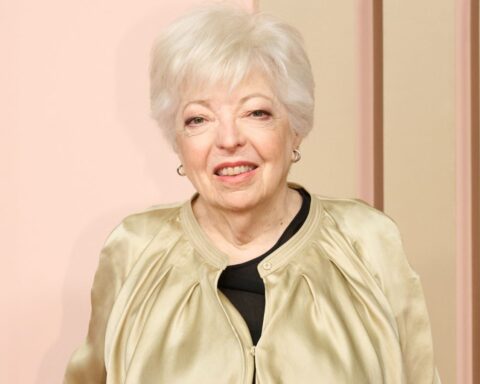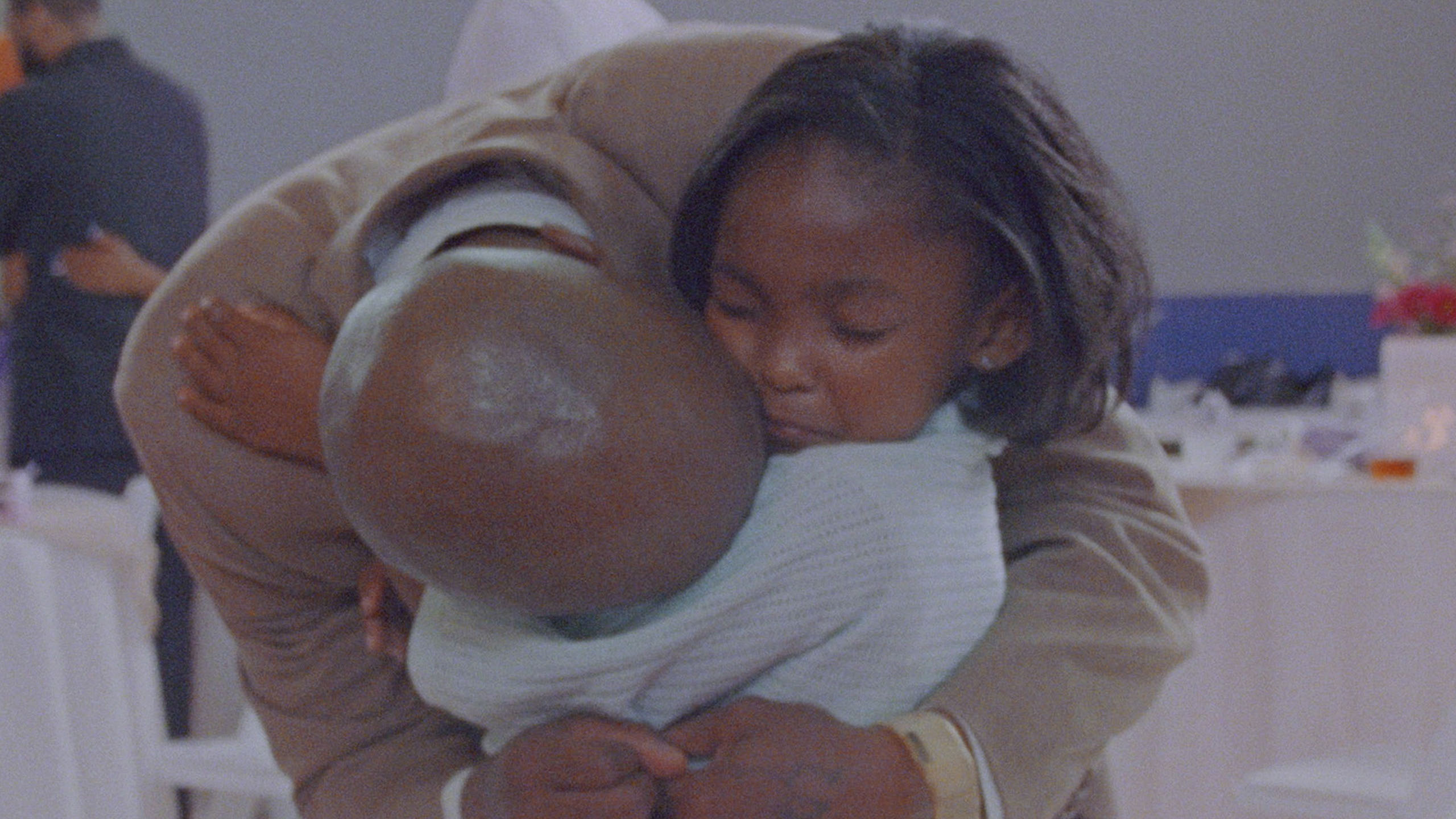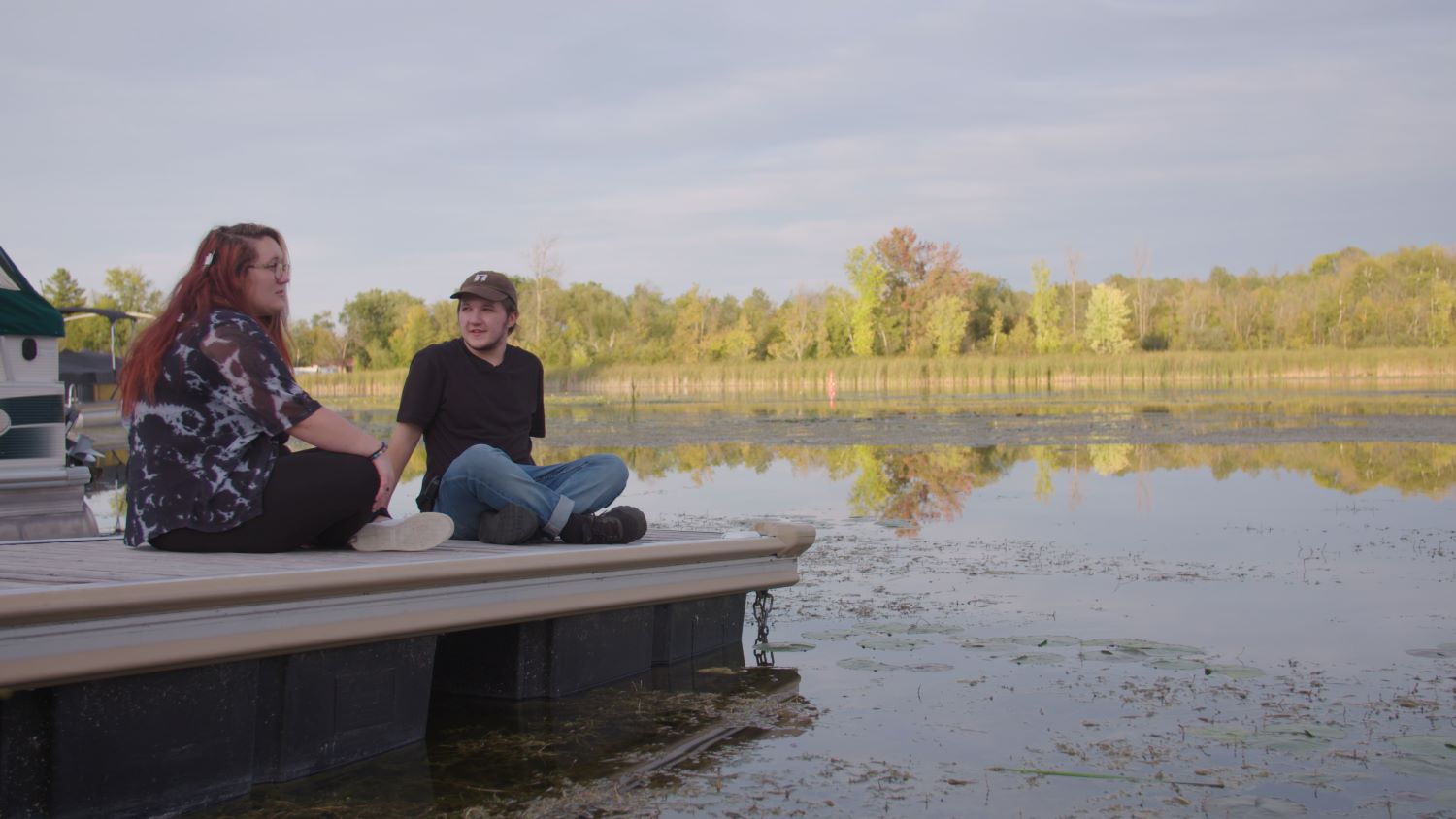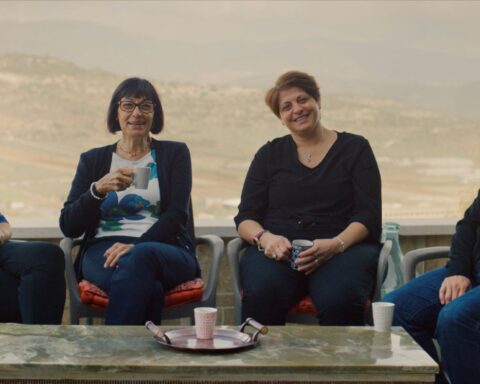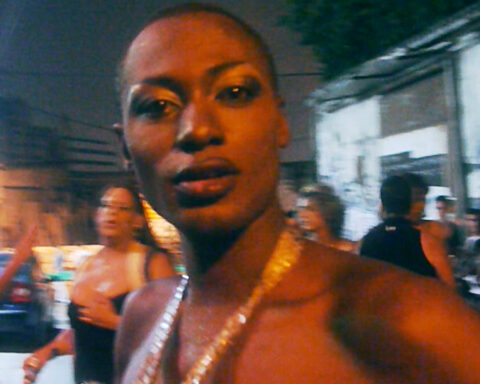Flying Hands
(Spain, 78 min.)
Dir. Marta Gómez, Paula Iglesias
Programme: Made in Spain
This documentary about deaf children seeking an education cuts two ways. It highlights the discrimination experienced by children with hearing disabilities and celebrates the success of a school devoted entirely to mitigating the impacts of prejudice.
Aniqa is the mother of a deaf girl who grasps immediately what’s at stake if her daughter Narjis does not go to school. She will slip into a silence that will consign her to poor employment as an adult, mental health challenges, and soul-crushing loneliness. As Aniqa puts it, silence is a part of language for people who can hear, but for deaf people, silence is an impenetrable wall.
She has seen the discrimination, both first-hand and via the research she’s undertaken. Other parents of deaf children don’t even give their kid a name. They just call them “the Deaf One.” They believe in the stereotype of deaf children as people who can’t think creatively. Aniqa learns that the parents of deaf children are laughed at for even thinking about educating their deaf children. By contrast, Aniqa has decided to learn sign language and to teach it to Narjis. She is determined not to abandon her daughter’s aspirations. Flying Hands mines her comprehensive diary to tell the story of her experiences as Narjis’ mother and her successful attempt to found a school for the deaf.
She’s clear that Narjis is going to school. But there are no such facilities in the remote region in Pakistan called Baltistan where they live. She decides to send her daughter to get educated outside the area after a visit to a school for deaf children that leaves her utterly amazed. With the skill of signing, the students are thriving, confident, happy to be able to communicate via their flying hands, the words that inspire this doc’s title.
She learns that there are approximately 400 deaf children living in her region. There’s a potential market and she, with the help of her husband Afzal, is determined to tap into it. They found their school, named after Narjis, and develop their cohort of students. Scenes of Aniqa trying to convince parents to educate their deaf children testify to the couple’s remarkable persistence. While spending large sums of money on educating their hearing children, parents of deaf children can’t see the point in putting up the funds for children who have no future. They wilfully ignore the math–it actually costs more money to keep their deaf kids at home–and have to be told that education leads to employment.
A side sequence in which the school’s girls attend a sports meet outside Lahore show the girls’ delight in visiting a loud bustling city, while their caretakers bemoan the open sexism girls experience in the sports world. Men get to use the competition’s facilities every day, women once a year. A touching scene shows teachers trying to explain the outmoded attitudes authorities have towards women seeking athletic excellence.
But the beauty of Flying Hands lies in the students’ passion for knowledge and the way their faces light up when they learn new and complicated ideas. Sign language is a wondrous thing, able to convey complex emotions and scientific concepts to children eager to learn.
To go along with this inspiring content, Flying Hands has an impressive visual texture. Set mostly in remote Pakistan, it’s laden with images of towering mountains and vast expanses of sand, which contrast starkly with Lahore’s streets teaming with humanity and all kinds of colourful vehicles.
Count Flying Hands among the excellent film releases out of South Asia–Period: End of Sentence and Nisha Pahuja’s Oscar-nominated To Kill a Tiger come to mind–that shine a bright light on resilient adults determined to fight for equality and to improve the conditions of the women and children in their lives.





